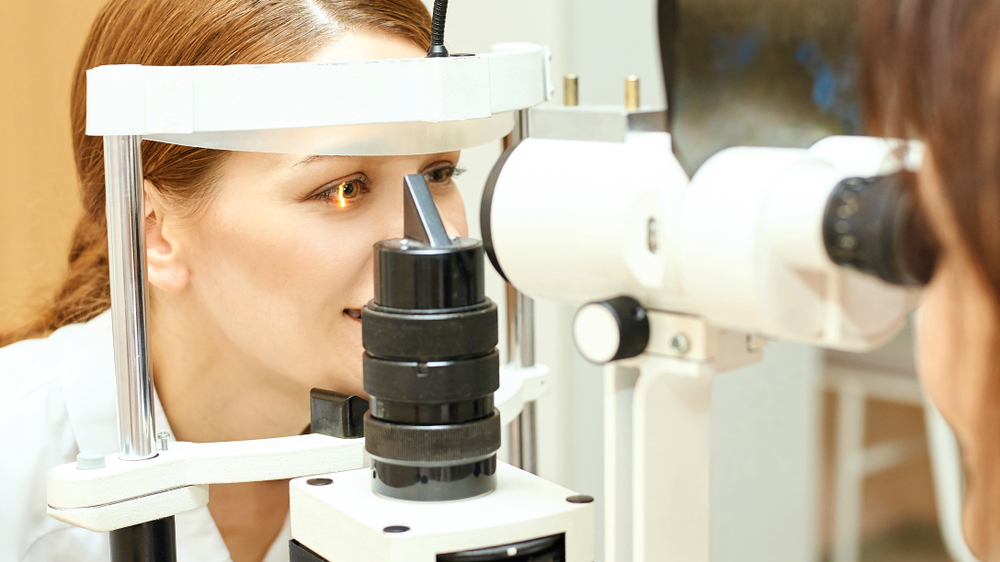
When it comes to protecting your vision, routine eye exams are one of the most important steps you can take. Many eye diseases develop silently, showing little to no symptoms in their early stages. By the time noticeable vision changes occur, the condition may already be advanced - and sometimes irreversible.
Eye Diseases Often Go Unnoticed at First
Unlike other health concerns that cause discomfort or pain early on, eye diseases often progress without warning. Conditions such as glaucoma, macular degeneration, and diabetic retinopathy can cause significant damage before you realize something is wrong. For example:
• Glaucoma is known as the “silent thief of sight” because it can damage your optic nerve without obvious symptoms.
• Macular degeneration affects central vision and can start subtly with slight blurriness.
• Diabetic retinopathy can quietly damage the blood vessels in the retina long before noticeable vision loss occurs.
These conditions highlight why relying only on how your eyes feel or how well you see isn’t enough to ensure your eye health.
Early Detection Saves Your Vision
Routine eye exams give your eye doctor the opportunity to catch problems at their earliest stages. Using advanced technology and thorough testing, your optometrist can detect subtle changes that you wouldn’t notice on your own. Early intervention means:
• Slowing or preventing vision loss
• More treatment options available
• Better long-term outcomes for your eye health
The earlier an eye disease is identified, the greater the chance of protecting your sight for years to come.
Eye Exams Benefit More Than Just Your Vision
Your eyes can also reveal signs of other health issues. During an exam, your doctor might detect indicators of conditions such as high blood pressure, diabetes, or even autoimmune diseases. In this way, eye exams serve as a window into your overall health - not just your vision.
How Often Should You Schedule an Eye Exam?
The frequency of your eye exams depends on factors like age, family history, and existing health conditions. Generally, adults should schedule an exam at least once every one. If you have a family history of eye disease or diabetes, you may need more frequent eye exams. And if you notice any sudden changes in your vision, be sure to schedule an appointment right away.
Protect Your Vision with 808 Eye Care
Your eyes are one of your most valuable assets, and routine exams are the key to keeping them healthy. Because so many eye diseases progress silently, waiting for symptoms can put your vision at risk. By scheduling regular check-ups, you’re taking an important step in protecting your sight, maintaining your independence, and preserving your quality of life.
Schedule your annual eye exam at 808 Eye Care and stay ahead of eye disease. Visit our office in Honolulu, Hawaii, or call (808) 949-9999 to book an appointment today.




